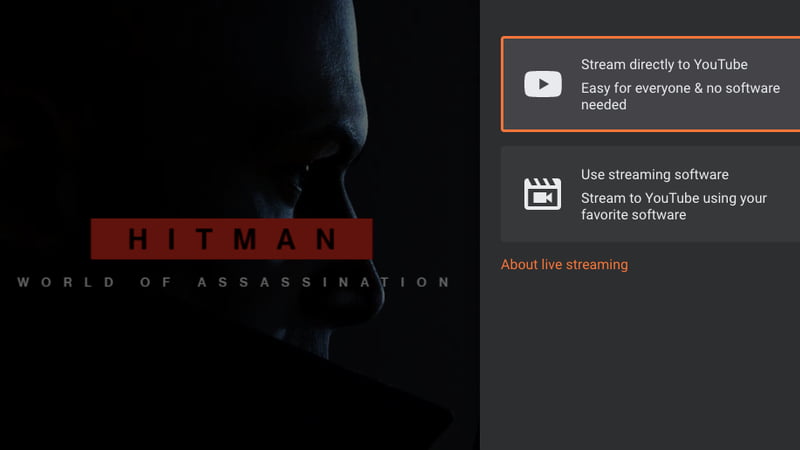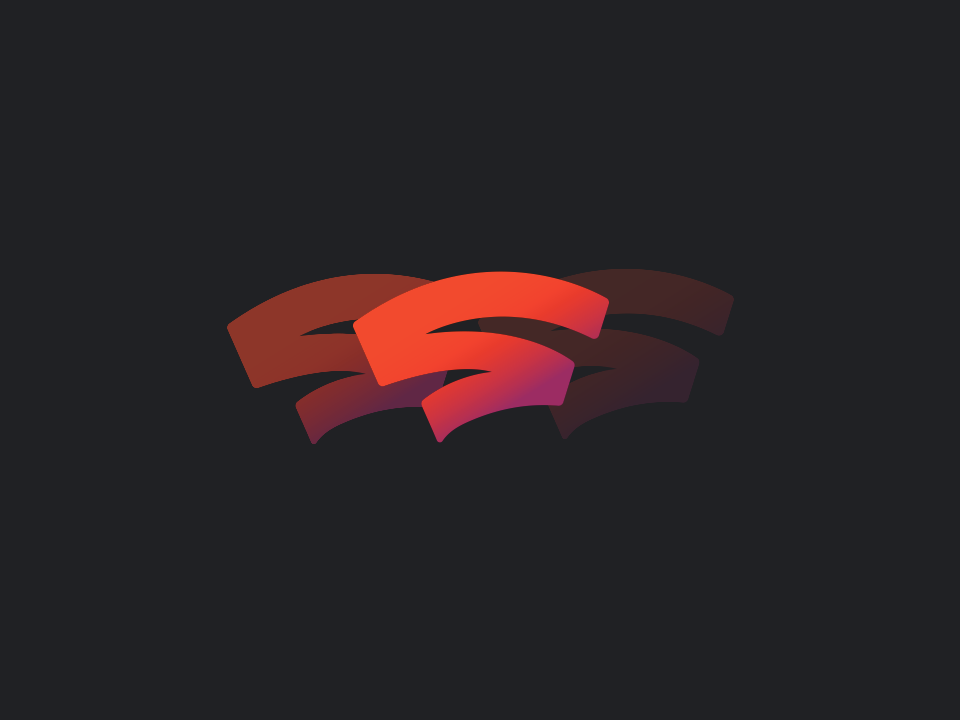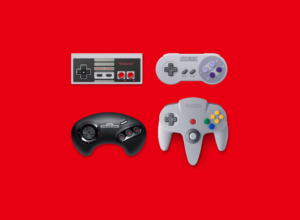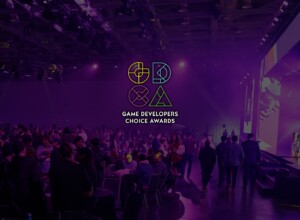The new State Share feature gives Google’s Stadia video game streaming platform another USP.
The history of video games is littered with comeback stories. On the software front, there are a multitude of games that launched a less than impressive state, only to be updated, improved, and rehabilitated. Take your pick from Diablo III, Final Fantasy XIV, Destiny, and perhaps – although we’ll argue against you that it needed redeeming – No Man’s Sky.
On the hardware side, the stumbling, baby steps of the PlayStation 3 spring to mind, as does the Nintendo 3DS, which floundered for the best part of a year before a crop of excellent games gave the system a kick start.
Google Stadia’s release in November 2019 is another example. The wave of excitement generated by its unveiling at that year’s GDC crashed dramatically in the days after launch. The reasons are many and well documented: a lack of games, a curious pricing model, patchy performance, missing features, and a lack of communication from Google about the platform’s roadmap. As a result, Stadia’s debut felt like less like a next-generation platform launch, and more like a product beta.
My own experience endorsed that narrative. When Stadia worked, it was truly magical, but rather than feeling like a new dawn for video games, it often felt half-baked and rushed to market.
However, one step at a time, Stadia is slowly becoming the platform that was promised. The latest backdated promise come to fruition is Stadia’s State Share feature.
What is Stadia State Share?
I had the opportunity to revisit Stadia in advance of Hitman 3’s release. IO Interactive’s game – and its two predecessors, playable as part of the World of Assassination trilogy within Hitman 3 – are the first titles to use Stadia’s new State Share function.
Stare Share is one of several new Stadia features that demonstrate the potential of game streaming. By pressing the Share button (or F12) at any time during gameplay, Stadia takes a screen capture. So far, so standard for hitting the Share button on a game controller.
The difference with these State Share captures is that there are also accompanied by a URL. This URL can then be shared online like any other link. If another player who owns the same game clicks the link, they can jump into the game from that point in their game, with conditions carried over from the point the first player hit Share. (And if they don’t own the game, Google will offer them the opportunity to buy it, naturally.)
For example, in Hitman 3, the State Share link includes a save state consisting of the mission starting location, objectives, item loadout and mission difficulty. The link lets you play from this point without affecting your own progression.
State Shares can also work differently from game-to-game, opening the door for developers to use the feature in intriguing ways. For example, you might want to sample another player’s character class in an RPG, experience a different loadout in an FPS, or preview a boss fight you’re yet to reach. It’s a neat way to preview content you haven’t reached, or sample a moment or scenario you might have missed. Just click the link and away you go.
Players can also create their own subsequent State Share from within a State Share they’ve jumped off from, opening up creative options for playing together while apart, like the possibility for back-and-forth or turn-by-turn gameplay between multiple players. Sort of like Correspondence Chess for the digital age. Yes, we’re old, but it was a thing, honest.
Is State Share a revolutionary feature? Probably not, but it’s the latest in a growing list of enhancements that are helping to re-establish Google’s platform. Other welcome improvements include browser play on iOS, one-click streaming to YouTube, and Crowd Play. Stadia Pro is undeniably good value. And heck, Stadia is probably the best place to play Cyberpunk 2077 right now. Not that you should.

Revisiting Stadia has reignited my interest in the platform, but some nagging concerns remain. That sense of ownership is still missing, making the platform still feel somewhat ephemeral. A reliable internet connection is also a must. Stadia’s performance was pleasingly consistent on my 80Mb connection, but the threat of an interruption always hangs over the experience like a dark cloud.
I don’t believe that Stadia is going to usurp the dominance of PC and consoles any time soon. However, if you can accept the caveats, it’s becoming increasingly impressive and an increasingly viable gaming platform.
Follow Thumbsticks on Facebook and Twitter for more video game news and comment.








